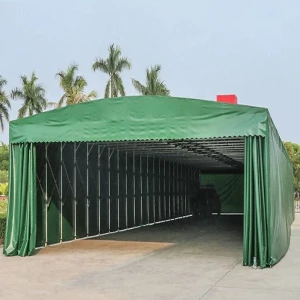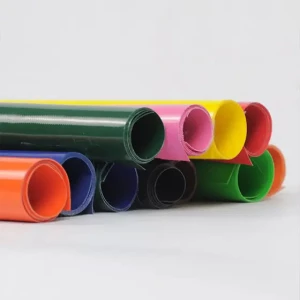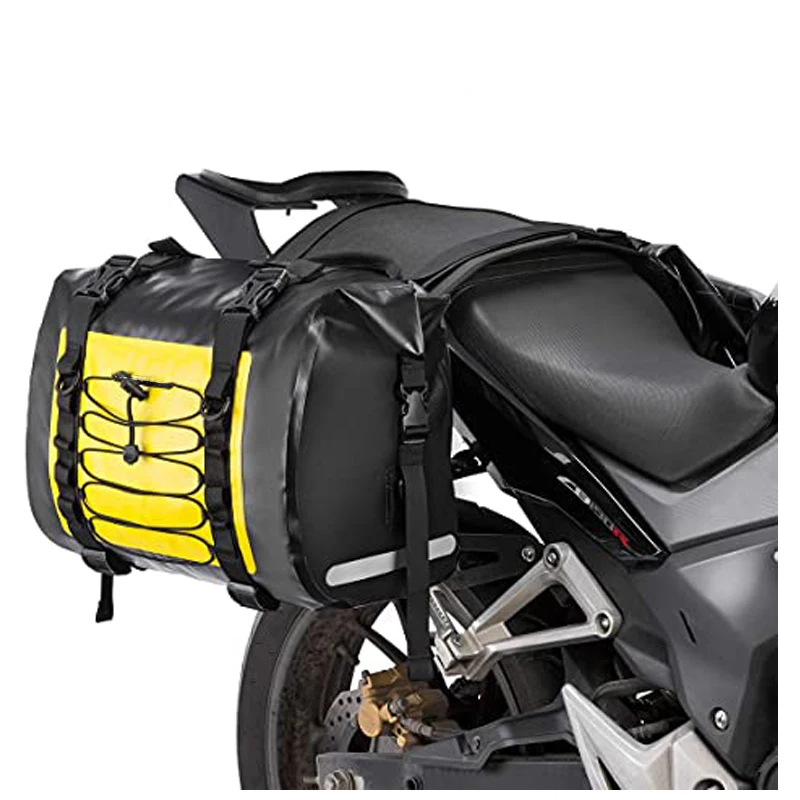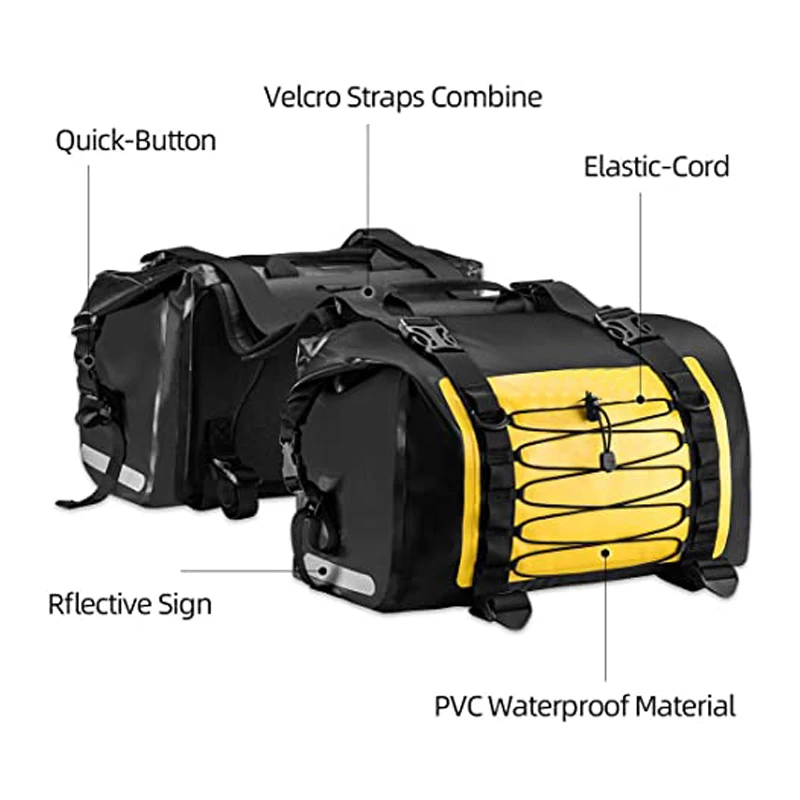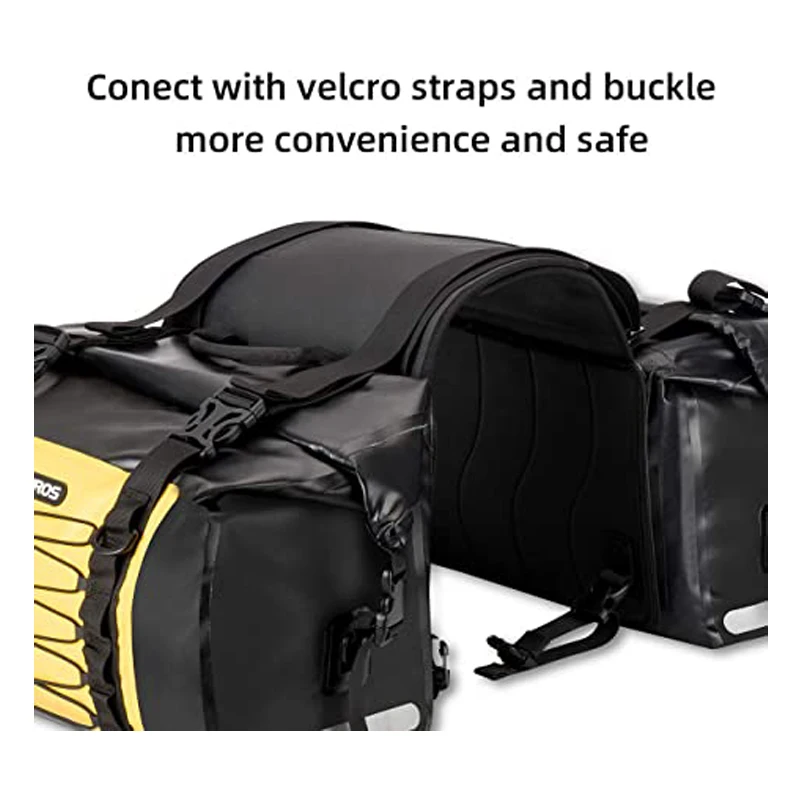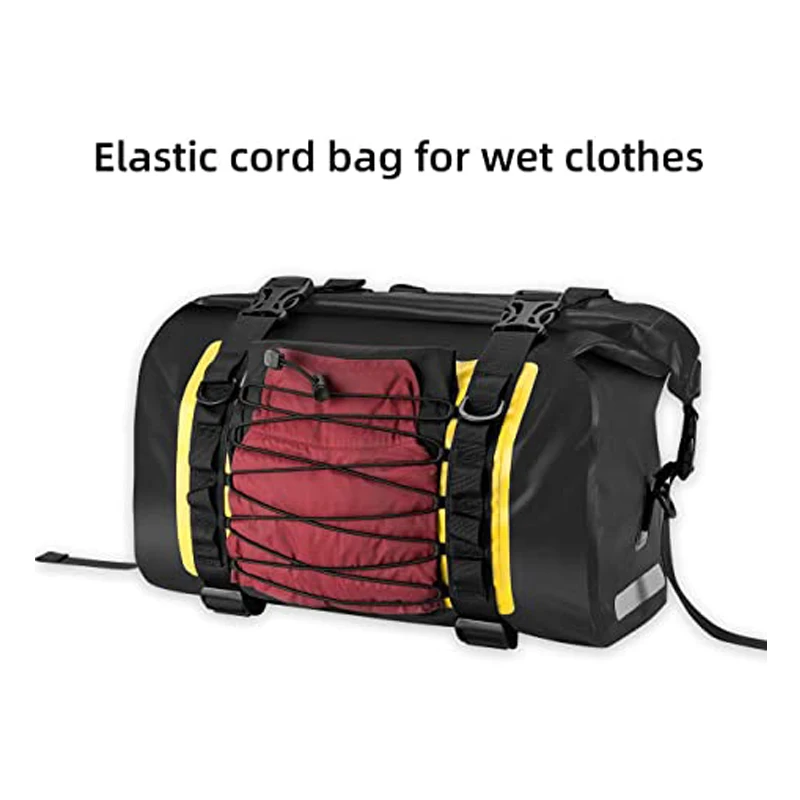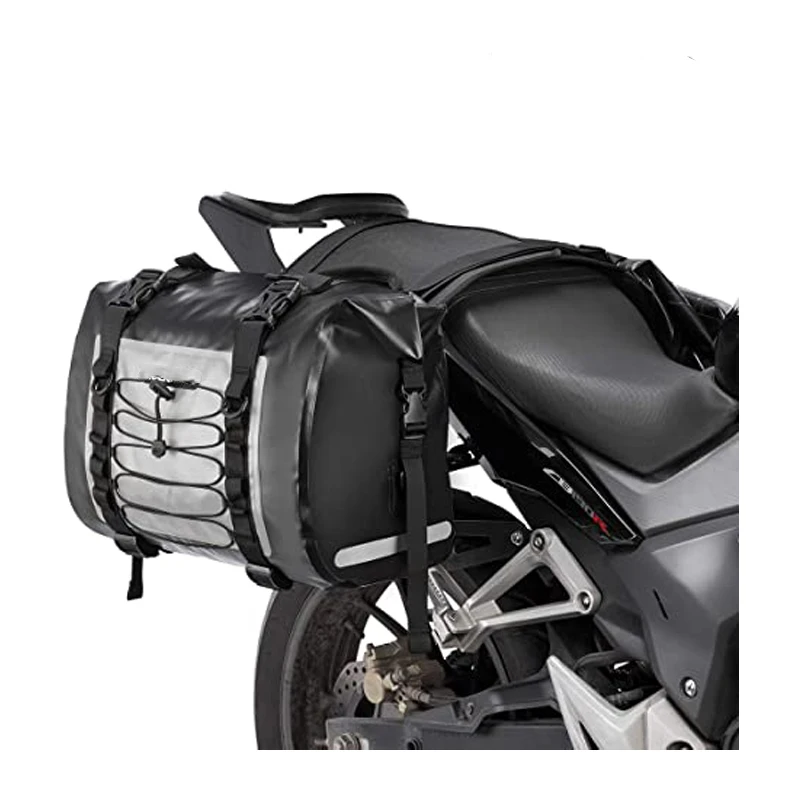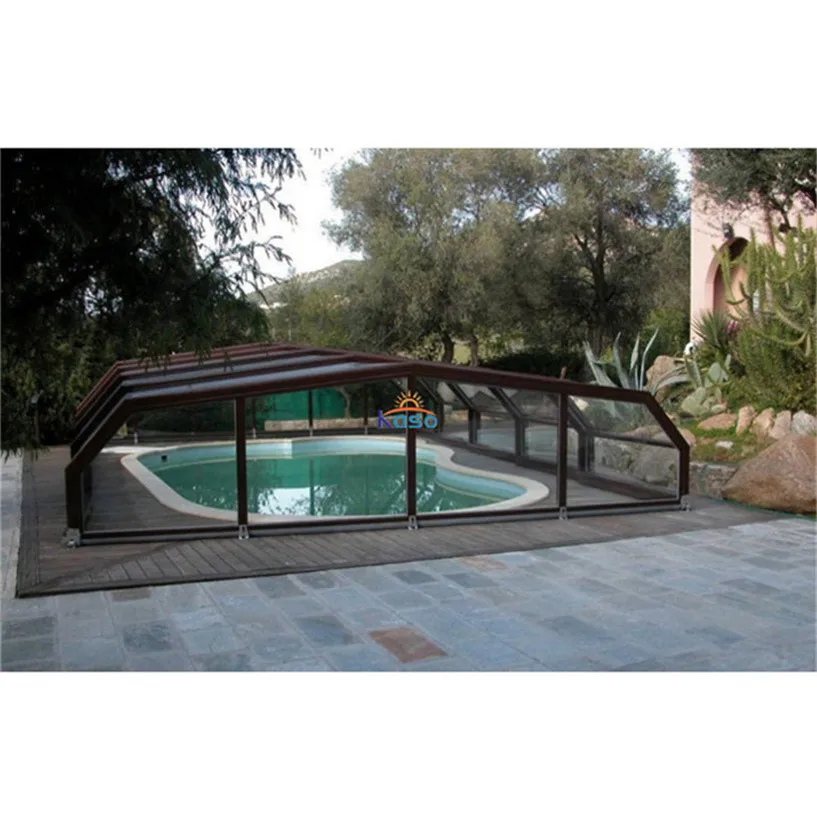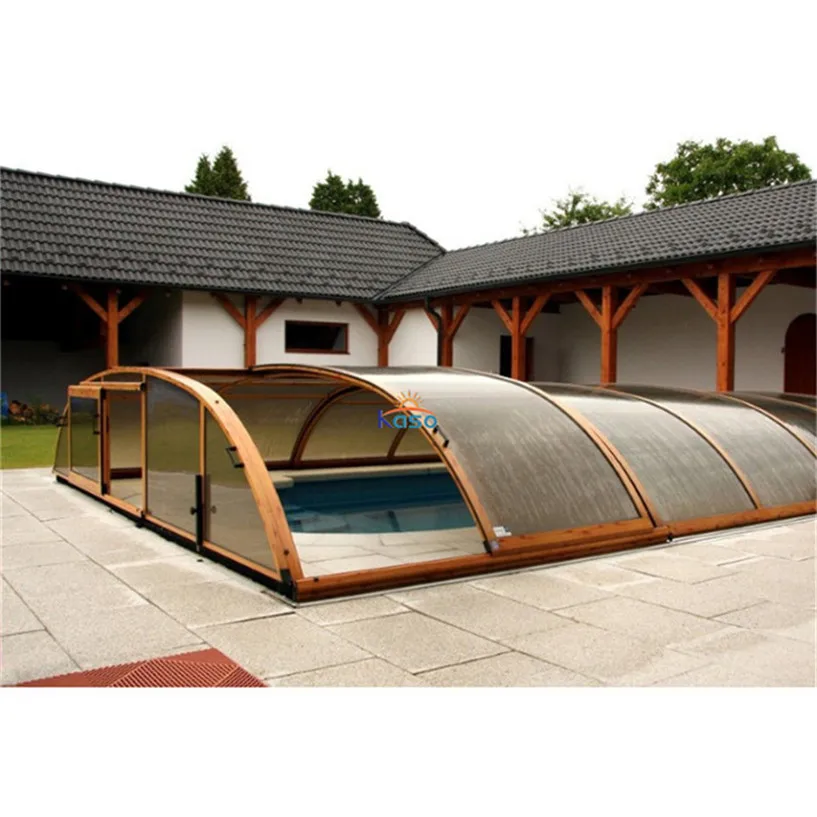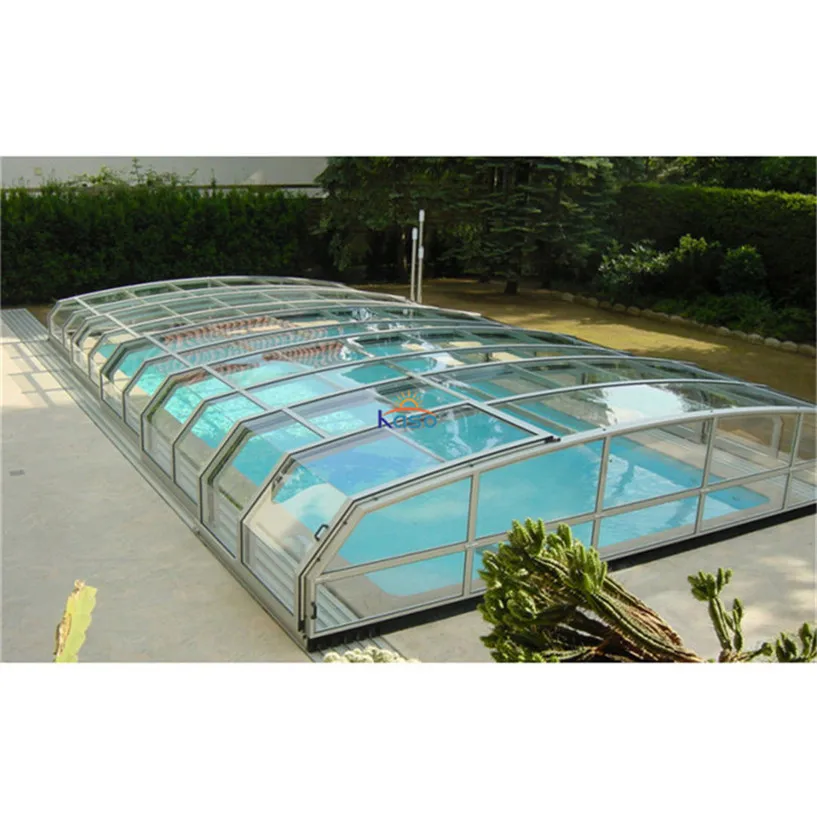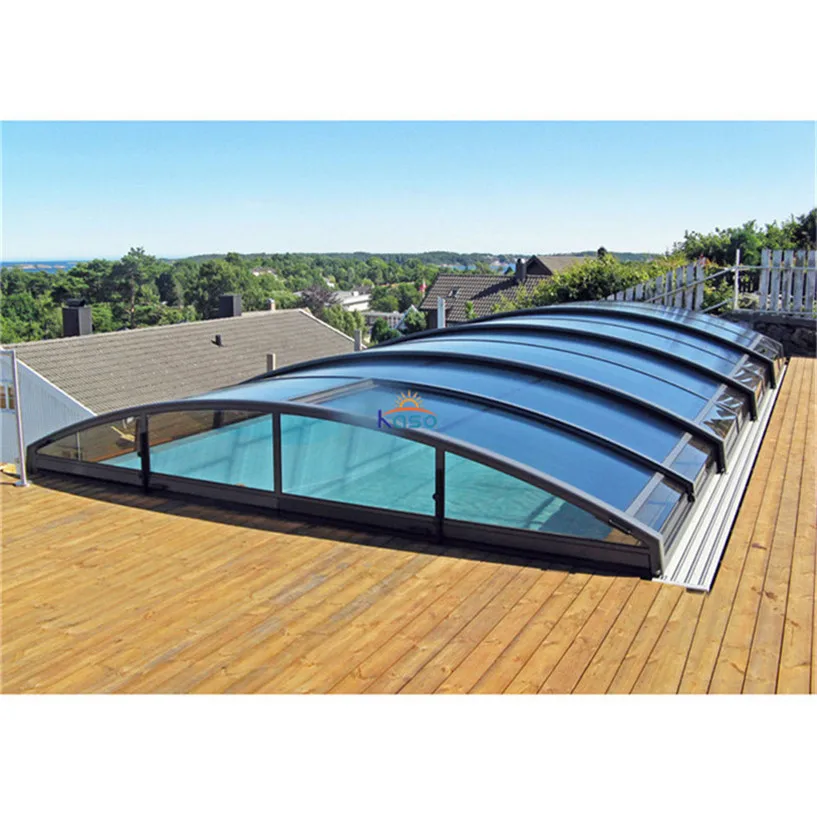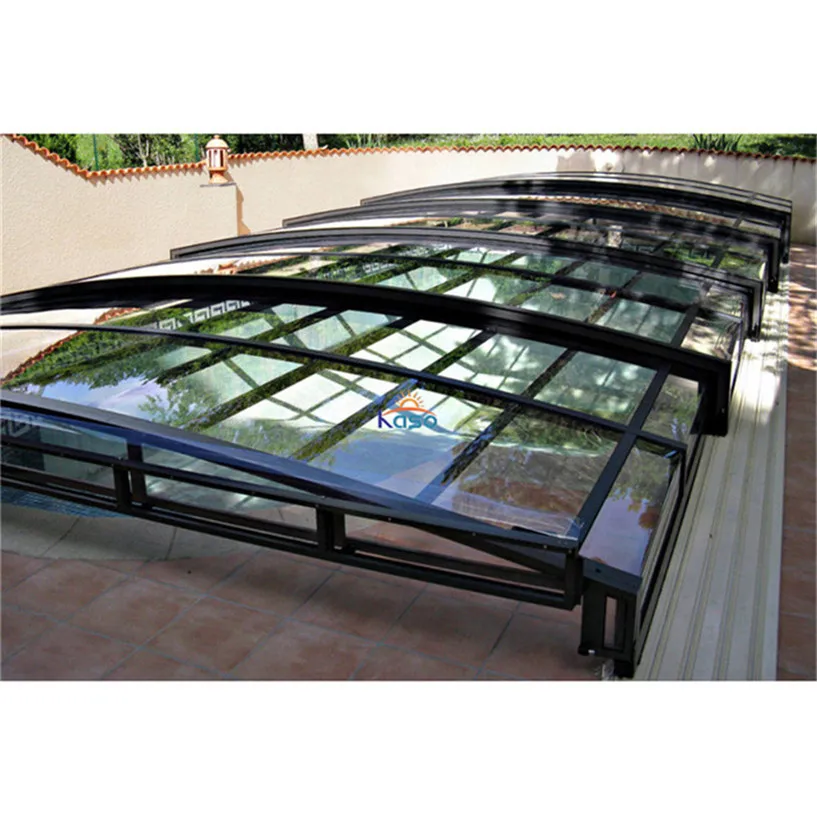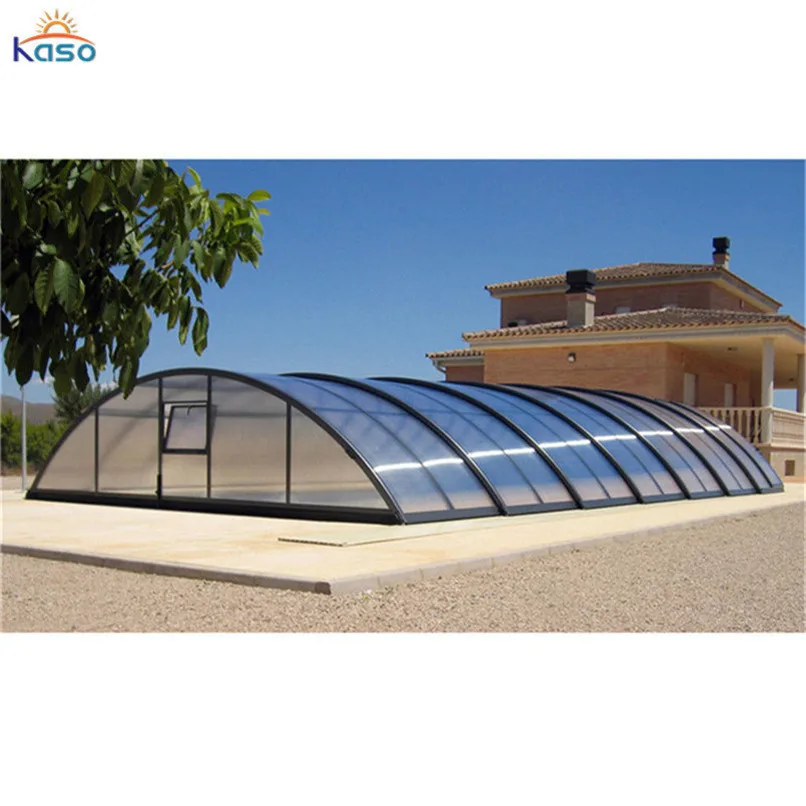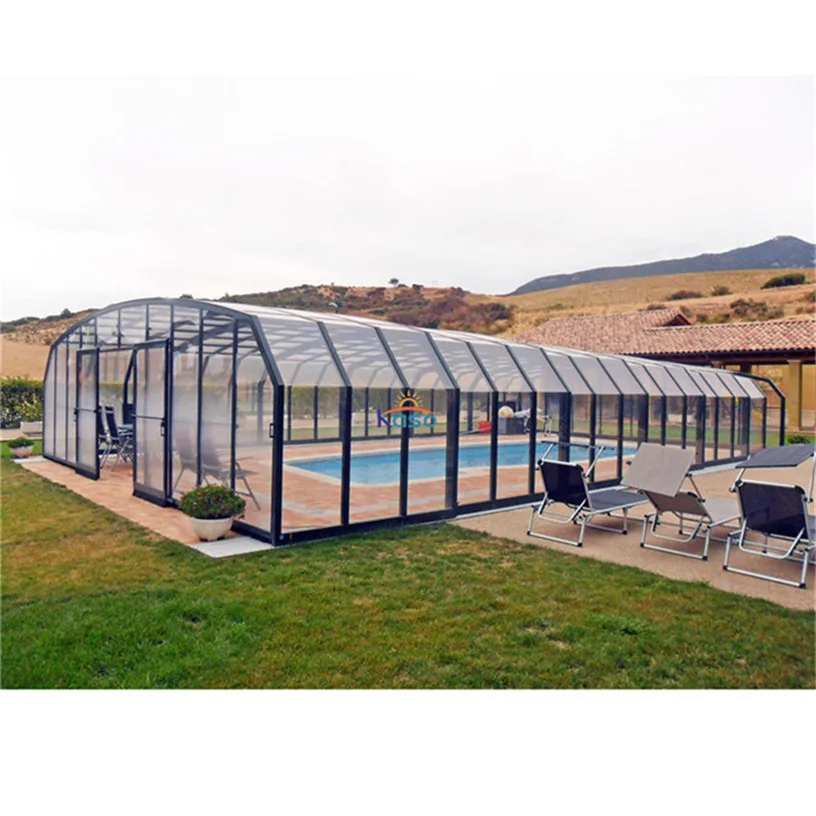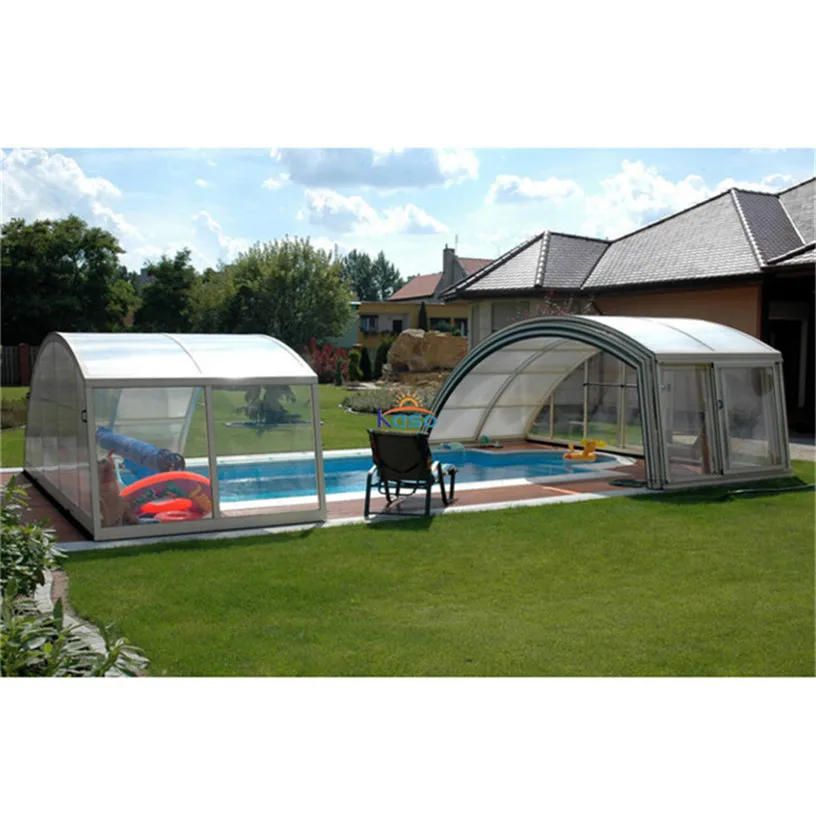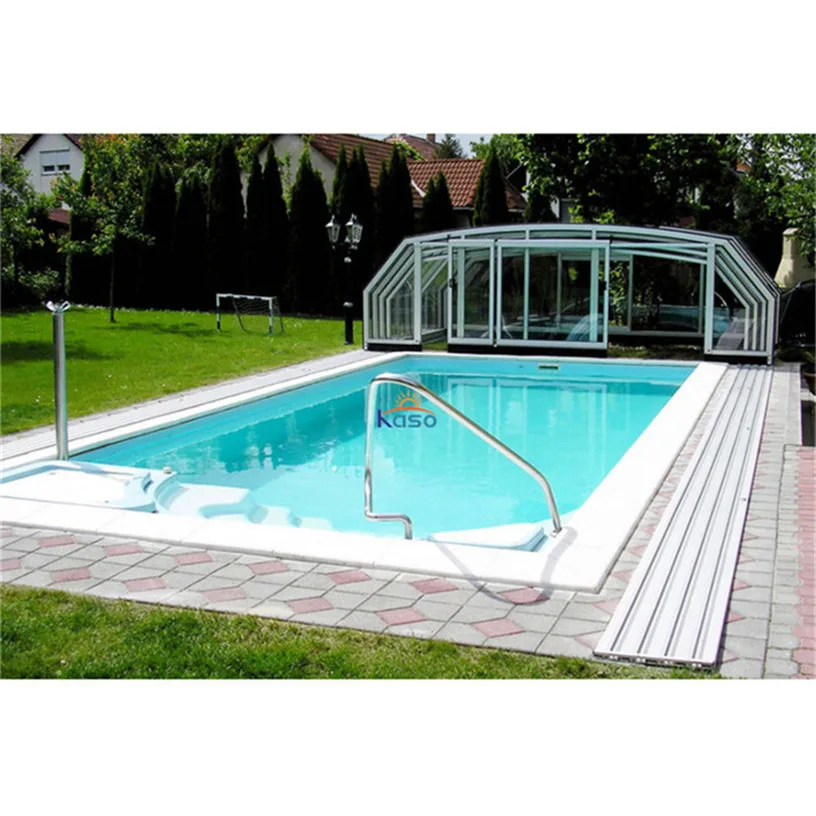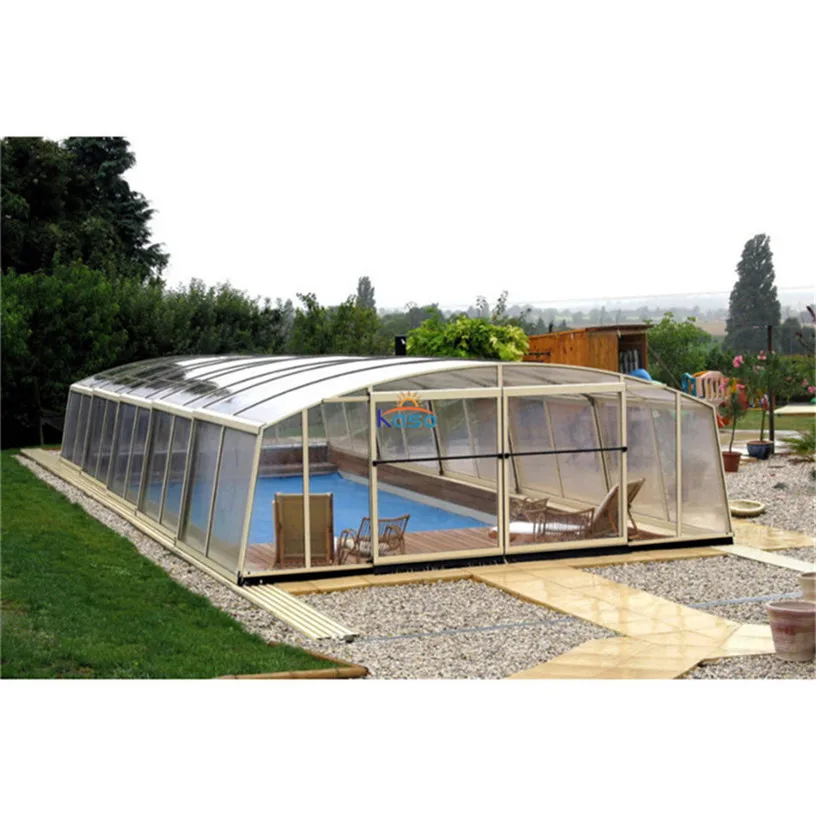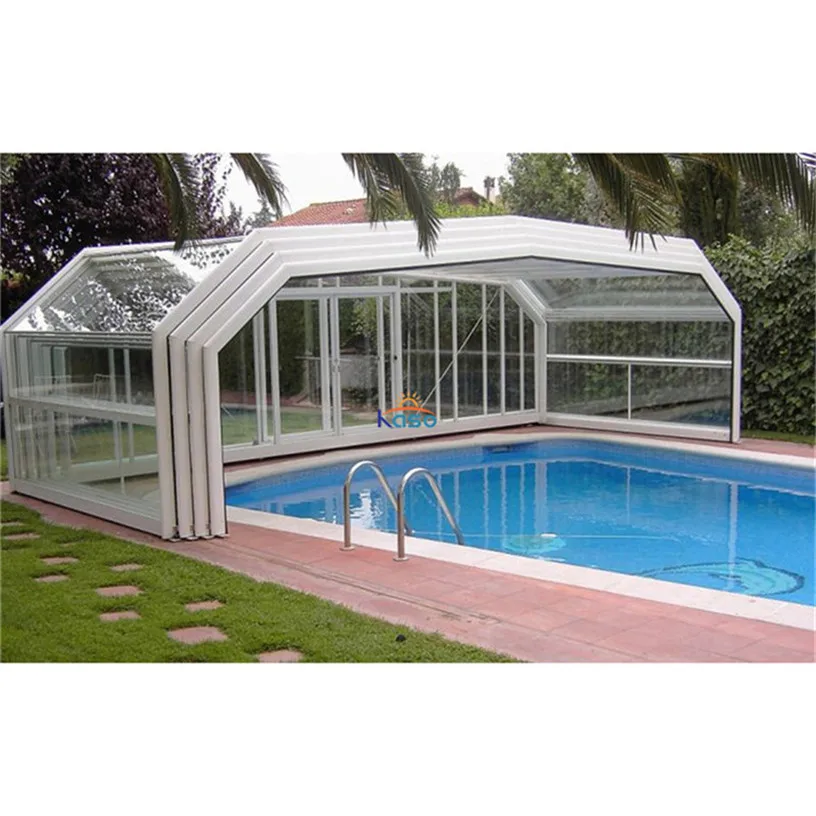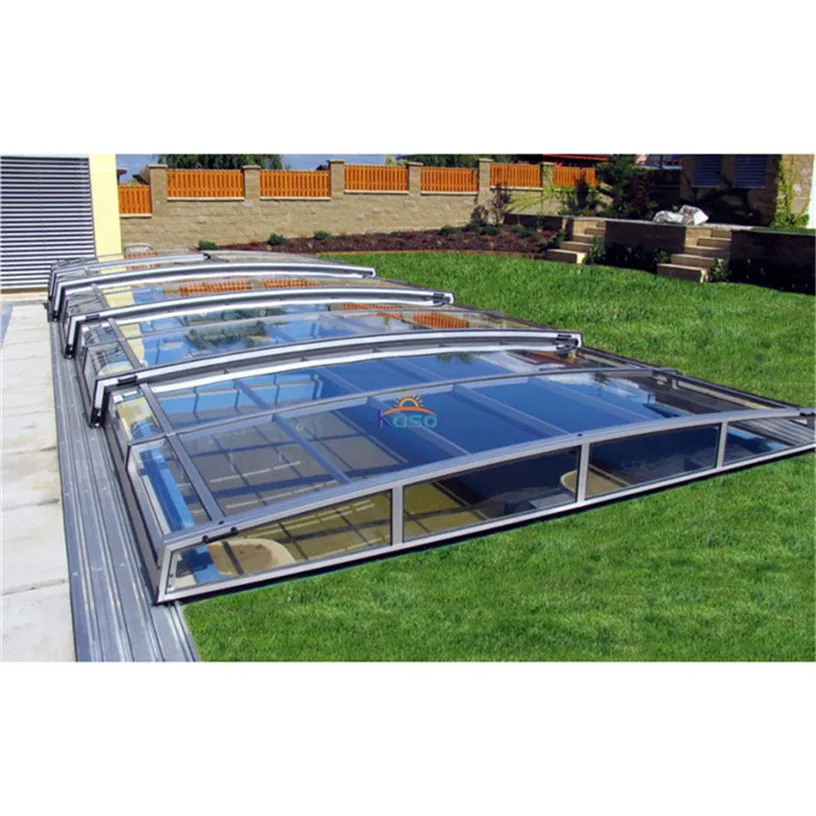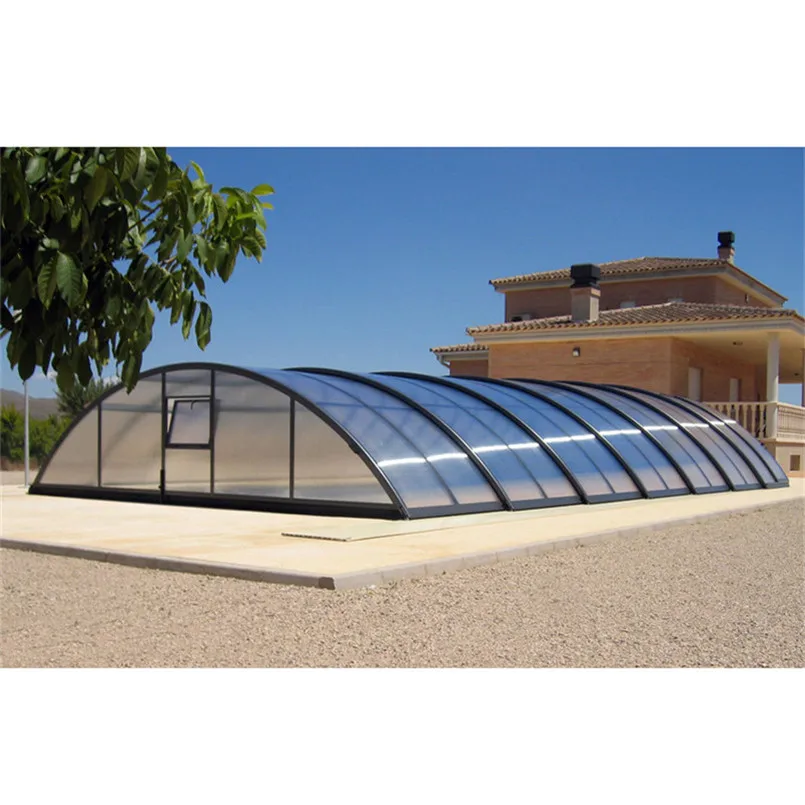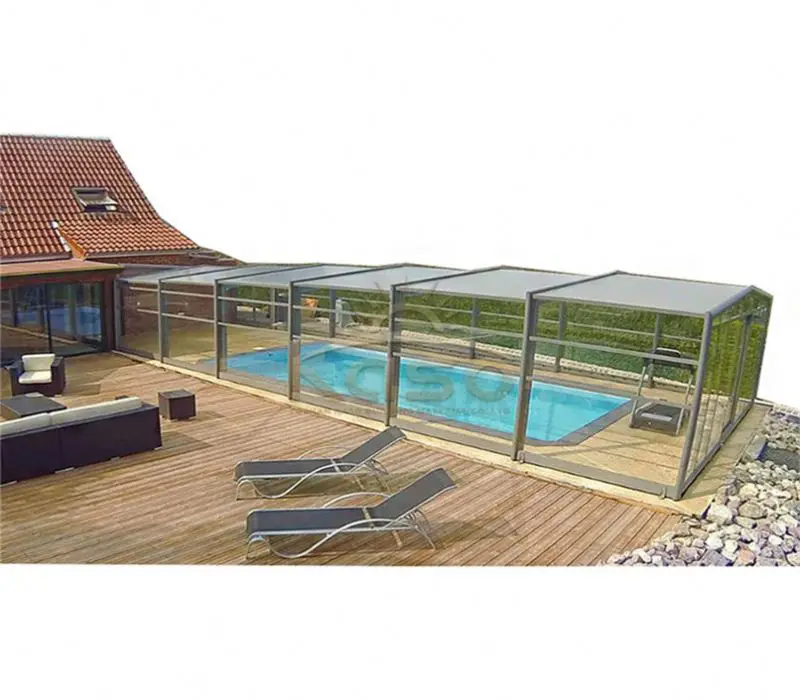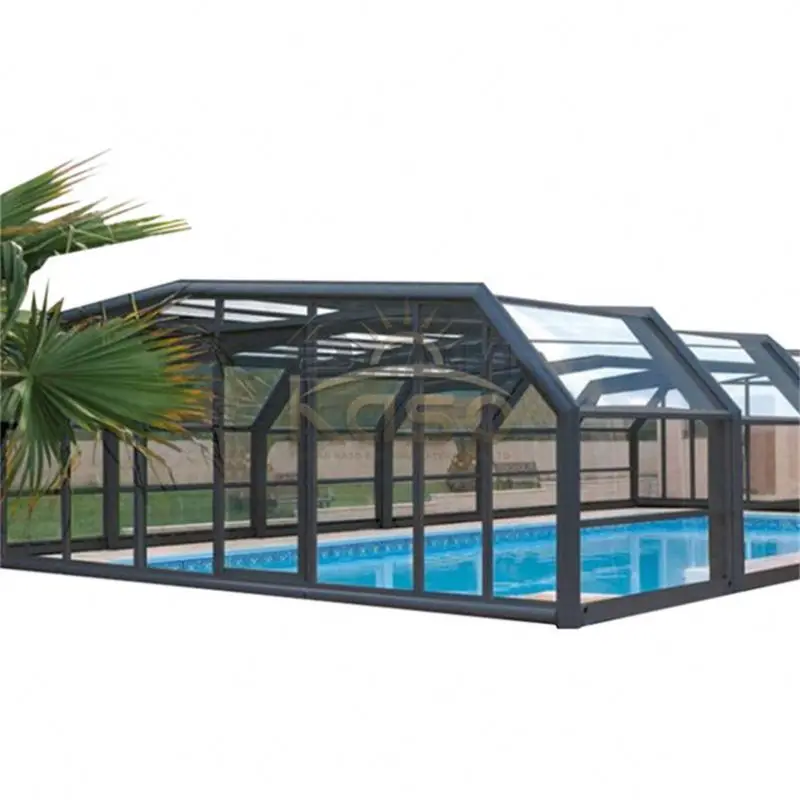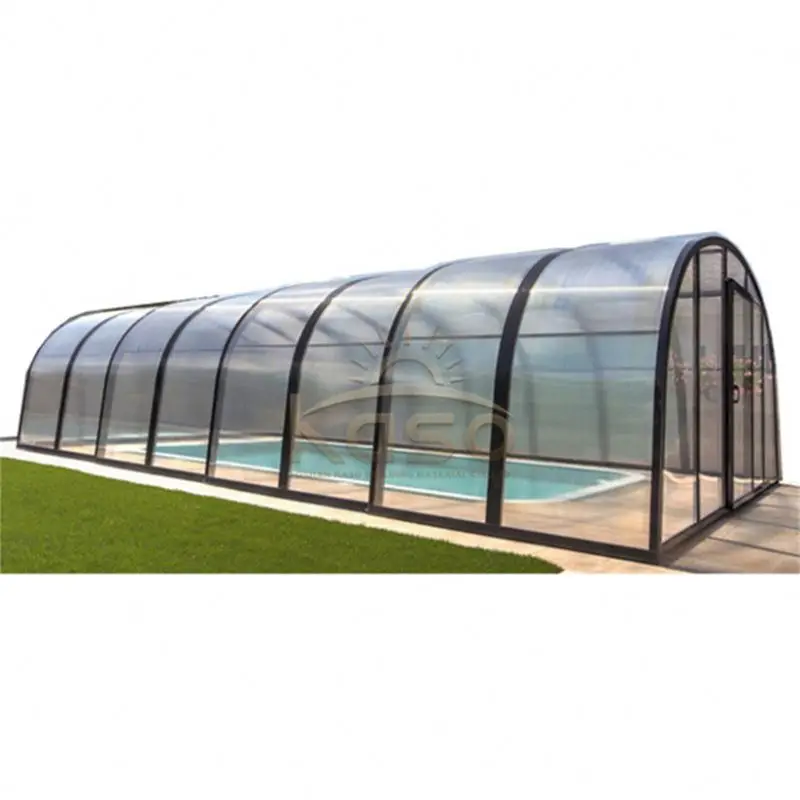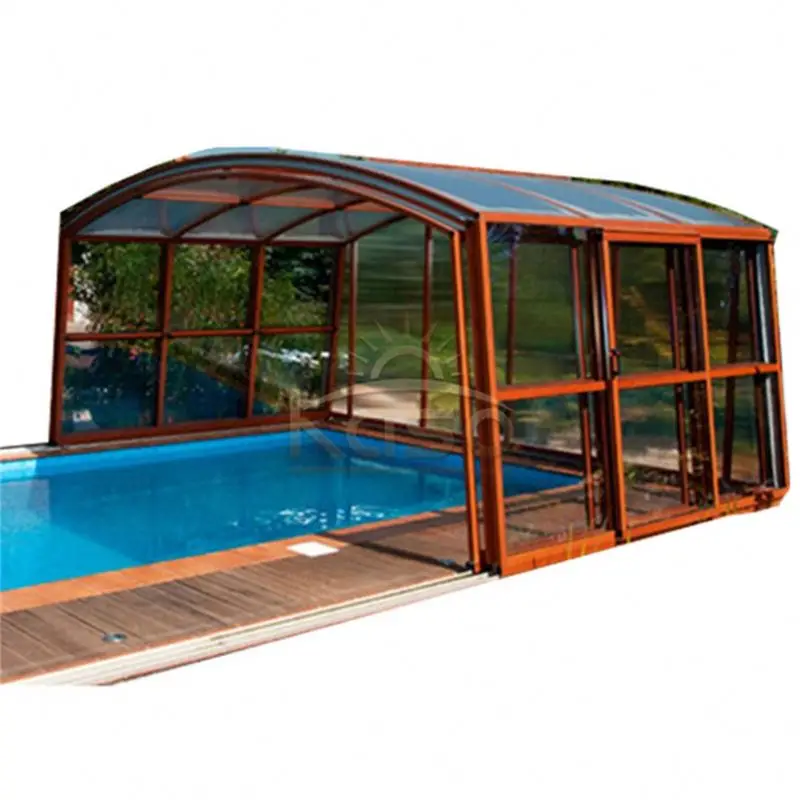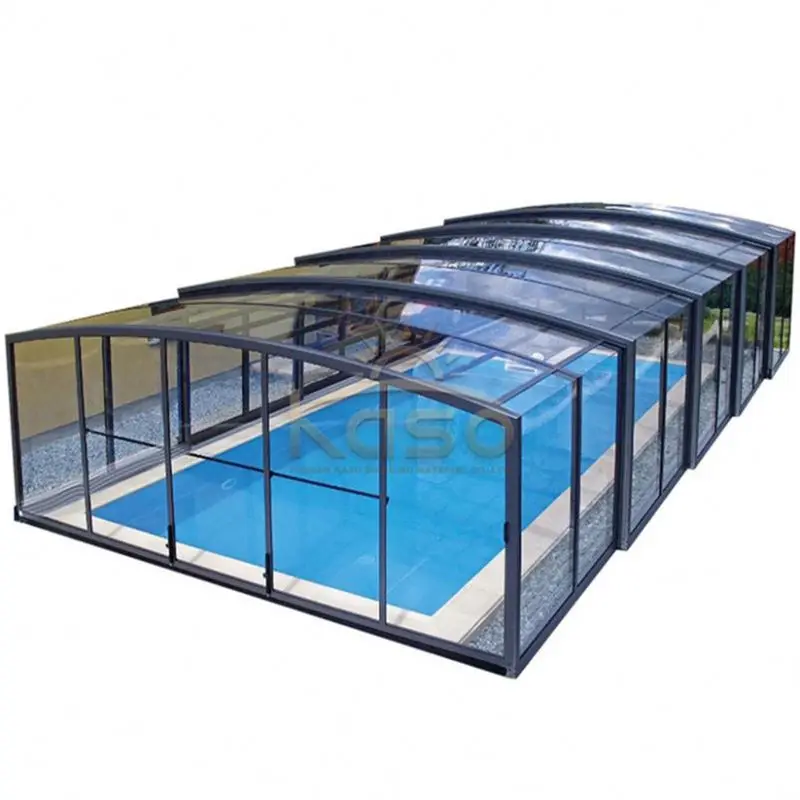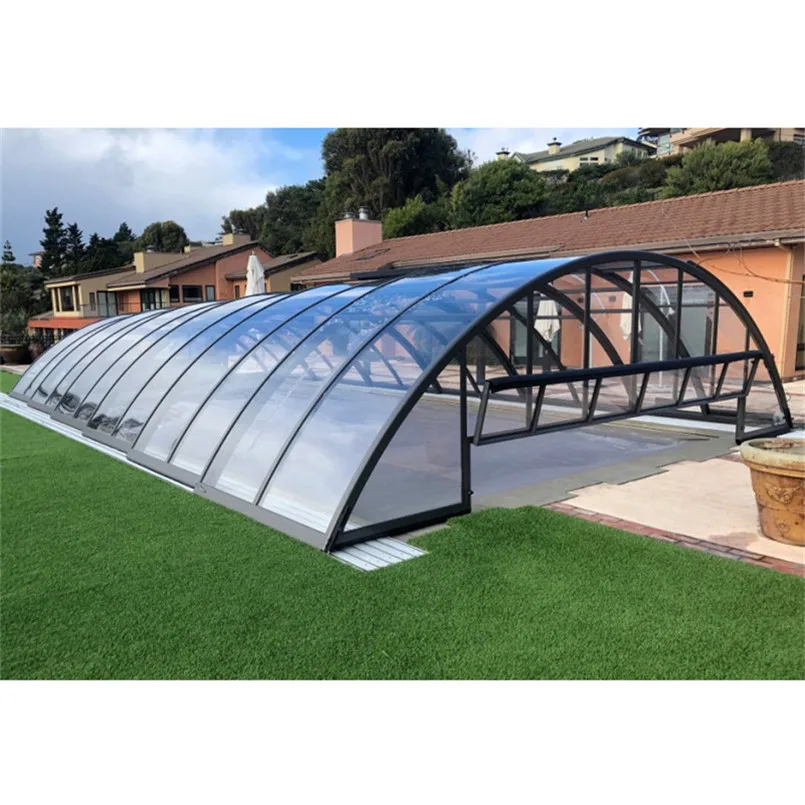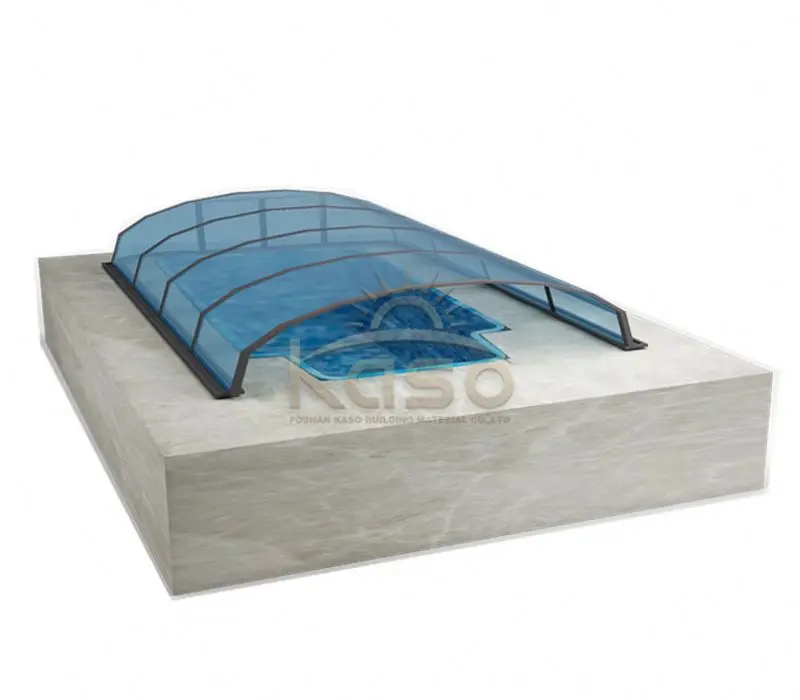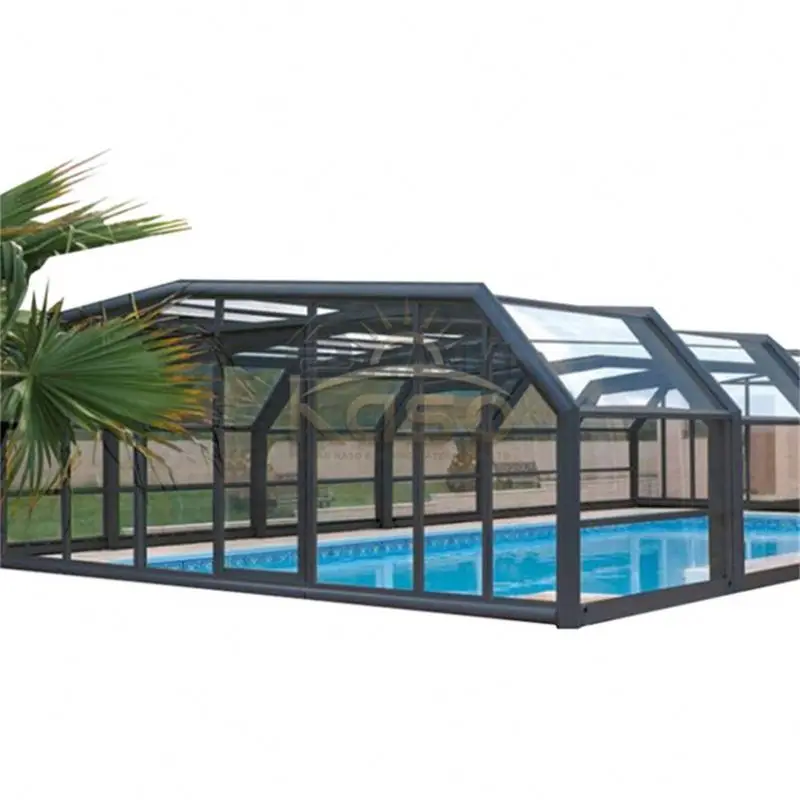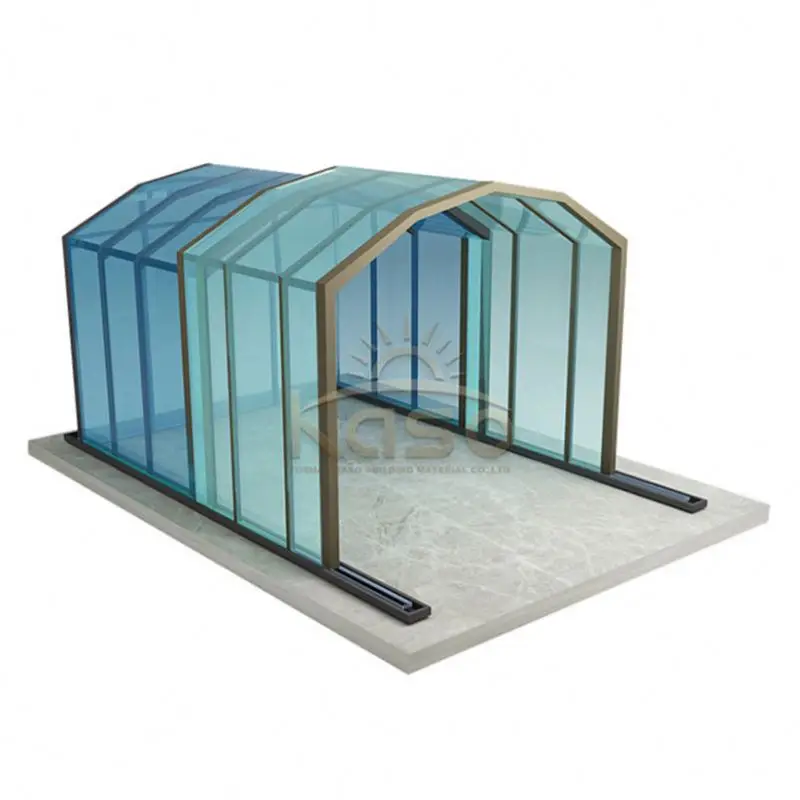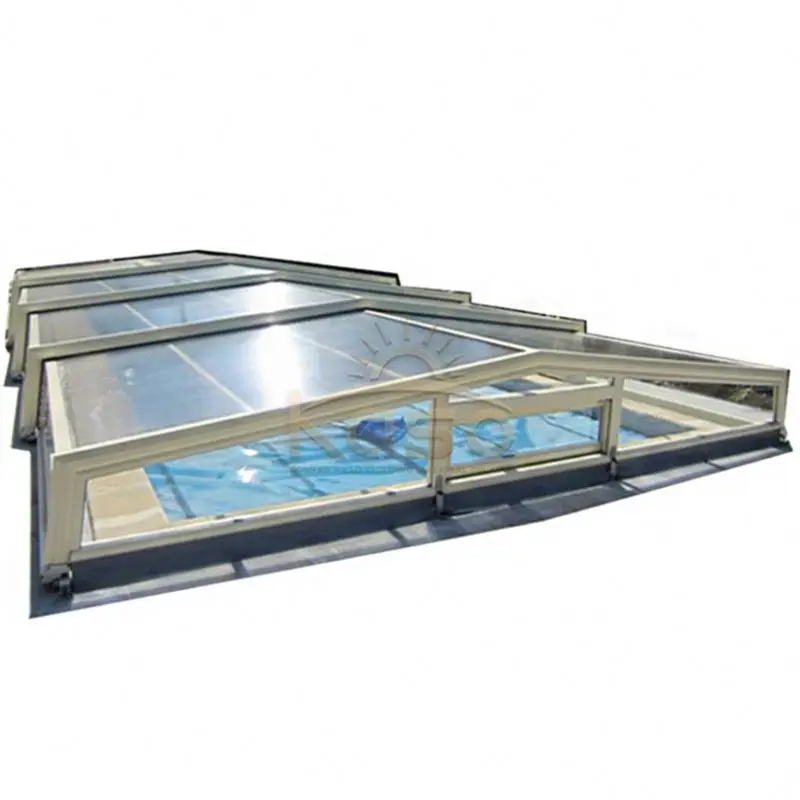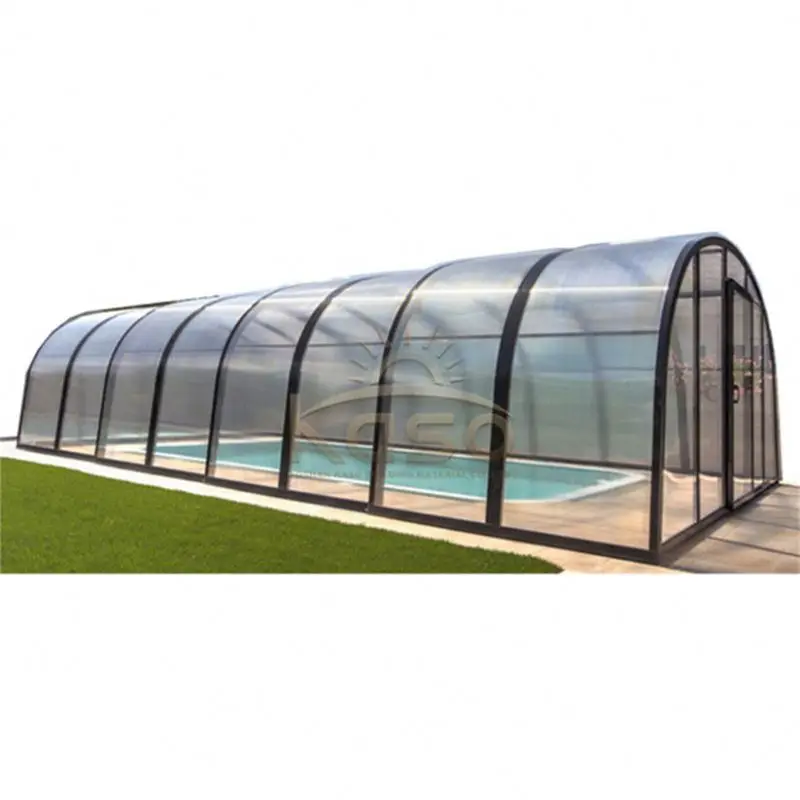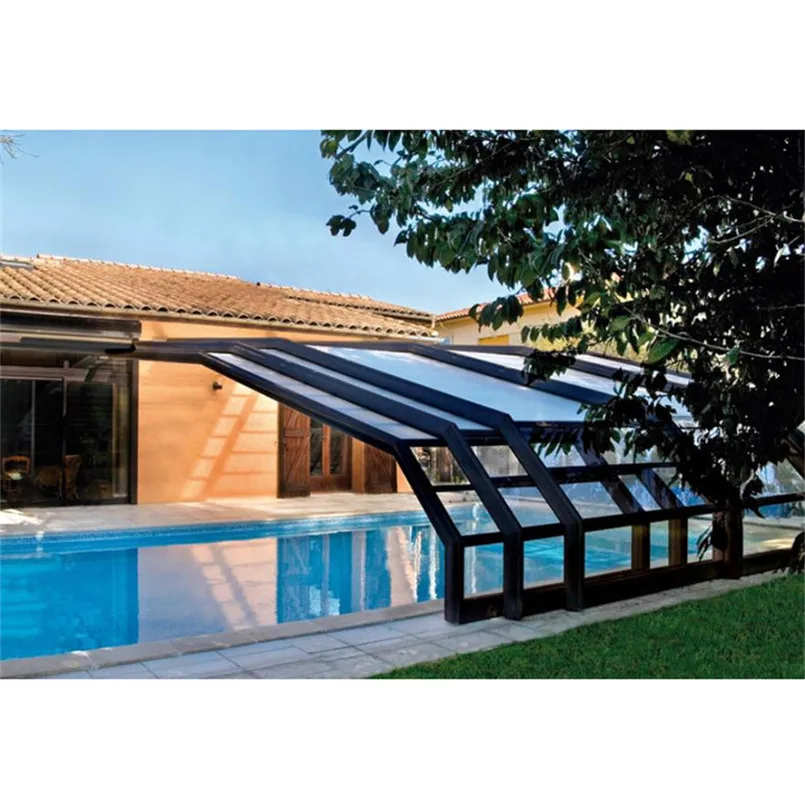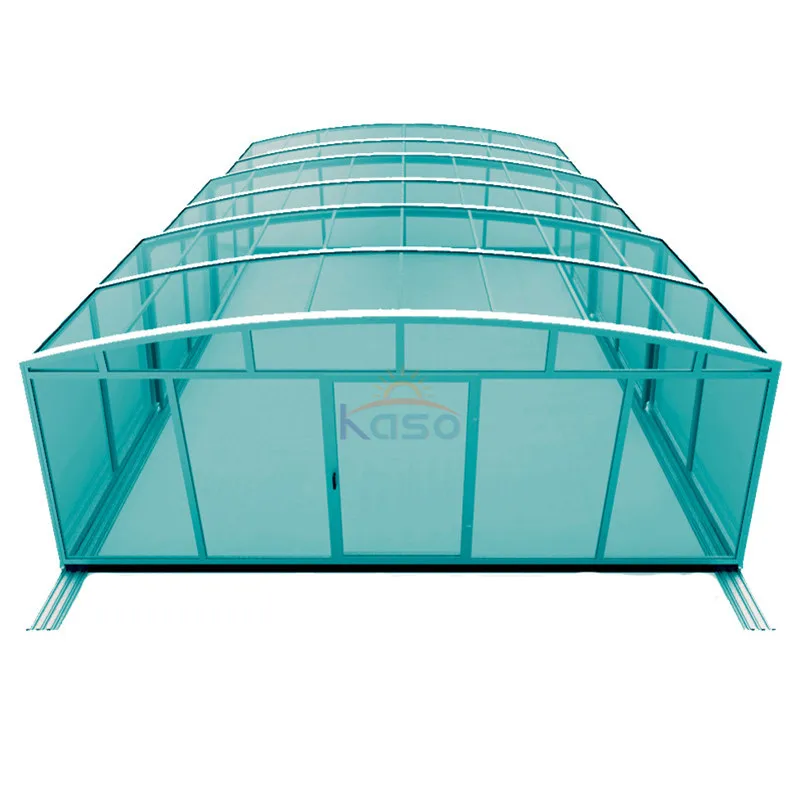The Ultimate Guide to Choosing the Right Tarp for Your Needs
Whether you're covering a truck bed, protecting outdoor equipment, or setting up a temporary shelter, a tarp is an essential tool. With so many options available, selecting the right one can be overwhelming. This guide will walk you through the different types, features, and scenarios where tarps excel, helping you make an informed decision.
How to Find Reliable Tarp from China in 2025
China remains a leading manufacturer of high-quality tarps, offering competitive prices and a wide range of options. To find reliable suppliers, look for manufacturers with certifications like ISO 9001 and positive customer reviews. Platforms like Alibaba and Made-in-China are great places to start your search. Always request samples to test durability and waterproofing before placing bulk orders.
What Buyers Should Know Before Buying Tarp from China
Before purchasing tarp from China, consider factors like material quality, thickness (measured in mils or grams per square meter), and UV resistance. Verify the supplier's production capacity and lead times. Also, clarify shipping terms (FOB, CIF) to avoid unexpected costs. Communication is key—ensure the supplier understands your specifications to prevent misunderstandings.
Types of Tarp
Tarps come in various materials, each suited for different purposes:
- Polyethylene (PE) Tarps: Lightweight, waterproof, and affordable, ideal for short-term use.
- Canvas Tarps: Breathable and durable, perfect for long-term outdoor protection.
- Vinyl Tarps: Heavy-duty and resistant to tears, chemicals, and extreme weather.
- Mesh Tarps: Allow airflow while providing shade, commonly used in construction.
Functions and Features of Tarp
A good tarp should offer:
- Waterproofing: Essential for outdoor use, especially in rainy climates.
- UV Resistance: Prevents degradation from prolonged sun exposure.
- Reinforced Edges: Grommets and hemming enhance durability and ease of tying down.
- Lightweight vs. Heavy-Duty: Choose based on your needs—lightweight for easy handling, heavy-duty for rugged conditions.
Scenarios of Tarp
Tarps are versatile and used in various settings:
- Camping: Ground covers, rain shelters, or windbreaks.
- Construction: Protecting materials or creating temporary enclosures.
- Agriculture: Covering crops or hay bales.
- Transportation: Securing loads on trucks or trailers.
How to Choose Tarp
Selecting the right tarp depends on your specific needs:
- Determine the Purpose: Will it be used for shade, waterproofing, or heavy-duty protection?
- Check Material and Thickness: Heavier materials last longer but may be harder to handle.
- Size Matters: Measure the area you need to cover and add extra for securing edges.
- Consider Environmental Factors: UV resistance for sunny areas, waterproofing for rainy climates.
Tarp Q & A
Q: How long does a typical tarp last?
A: It depends on the material and usage. PE tarps may last 1-2 years, while vinyl tarps can endure 5+ years with proper care.
Q: Can I repair a torn tarp?
A: Yes, using tarp repair tape or patches can extend its lifespan.
Q: Are all tarps waterproof?
A: No, some like mesh tarps are designed for shade and airflow. Always check the product description.
Q: What’s the difference between 10 oz and 16 oz canvas tarps?
A: The weight refers to fabric density—16 oz is thicker and more durable than 10 oz.
Q: How do I clean my tarp?
A> Use mild soap and water, avoid harsh chemicals that can degrade the material.












